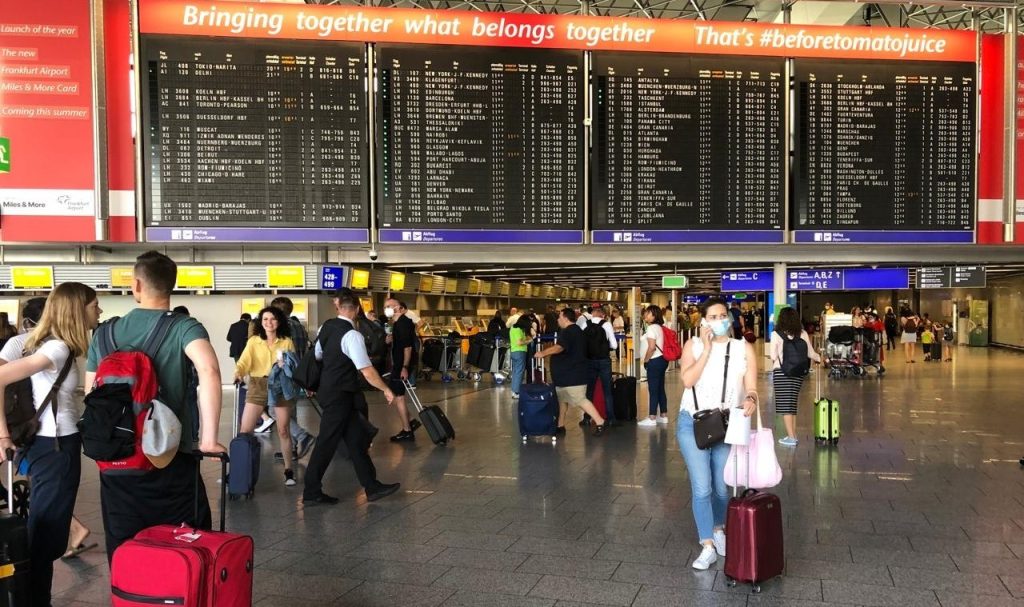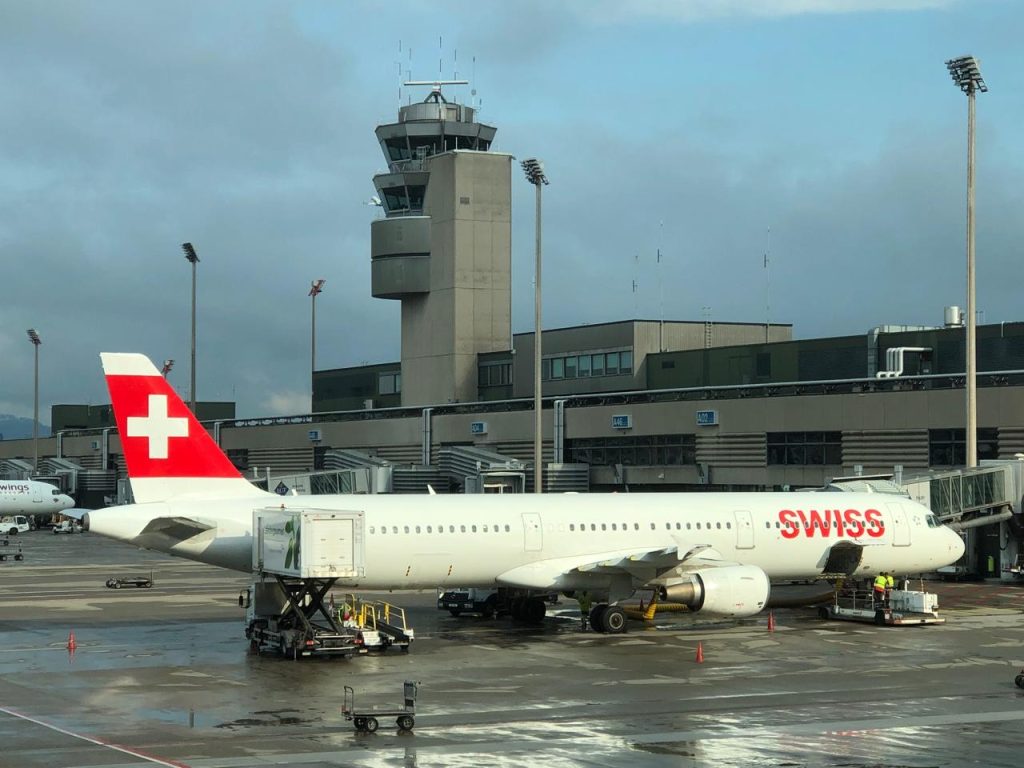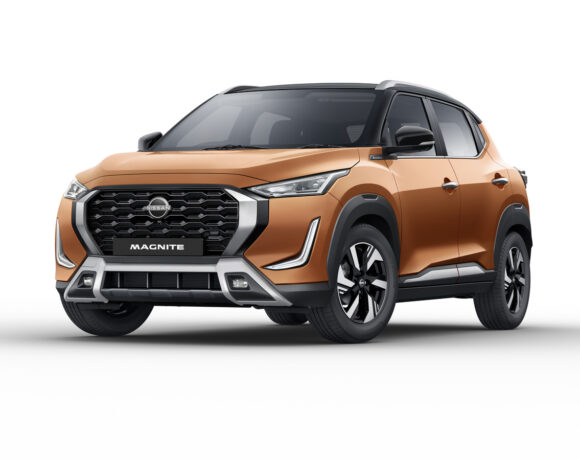Passengers reveal what they want at airports

Including convenience and digital solutions
The International Air Transport Association (IATA) has unveiled the findings from its 2024 Global Passenger Survey, highlighting that passengers increasingly prioritise convenience, speed, and integrating advanced technology to improve their travel experience.
The survey indicates a growing demand for digital solutions such as biometric identification, off-airport processes, and greater flexibility and transparency in travel planning, booking, and payment stages.
According to Nick Careen, IATA’s Senior Vice President of Operations, Safety, and Security, passengers are eager to streamline their travel experience. He said: “Passengers want flexibility and transparency when planning and booking travel, plus speed and convenience at the airport. More are embracing biometrics, digital wallets, and off-airport processes to make it happen.”
The survey data shows that 68% of travellers consider proximity to the airport the most important factor when selecting a departure airport. Meanwhile, 33% prioritise minimising total travel time, and 25% focus on finding the best ticket price.
Preferred methodology
When booking travel, 71% of passengers now prefer using online platforms or mobile apps. 53% opt for booking through the airline’s website or app, while only 16% prefer human interaction. Additionally, 79% of passengers chose credit or debit cards as their preferred payment method, with digital wallets also gaining traction, with 20% of travellers opting for this option.
Travellers expect smooth, fast processes during their airport experience. 70% of passengers prefer to reach the boarding gate within 30 minutes with only carry-on luggage, and 74% expect those with checked baggage to reach the gate within 45 minutes.

Passengers are also keen to speed up airport procedures. 85% are willing to share immigration data, such as passport and visa information, before departure to expedite the process. Moreover, 89% show interest in trusted traveller programmes to facilitate quicker security screening.
Interestingly, 45% of respondents wanted to complete immigration procedures before reaching the airport, and 36% felt the same about check-in processes. About baggage, 70% stated they would be more likely to check in luggage in advance if they had the option.
Biometric technology
Biometric technology is becoming increasingly popular. 46% of passengers use biometrics at various journey stages, particularly during entry and exit immigration checks. Of those who have used biometrics, 84% were satisfied with the process, and 75% preferred biometrics over traditional passports and boarding passes.
However, data security concerns remain. 50% of travellers expressed concerns about their data security when using biometrics, with 39% stating they would be more willing to use biometric systems if they were assured of their data’s protection.
IATA’s One ID initiative addresses these concerns by enabling seamless, secure biometric processes that reduce the need for paper-based documentation. This initiative aims to improve efficiency and minimise travel hassle, benefiting passengers and airport operations.

Nick Careen noted: “The clear message from travellers is that they expect to board their planes faster, with smarter processes beginning well before they reach the airport. Already, travellers can arrive at the airport with admissibility checks completed, and biometrics can deliver a paperless experience once there.”
Young trend
Younger travellers, particularly those under 25, are leading the way in embracing digital technologies to improve their travel experience. A notable 51% of under-25s prefer to use digital wallets for payment, significantly higher than the global average of 20%.
Furthermore, 90% of this age group are interested in using smartphones to store their digital wallets, passports, and loyalty cards for booking, payment, and airport navigation, surpassing the global average of 77%.
While under-25s are enthusiastic about biometrics, 48% prefer biometrics over traditional passports. They are also more concerned about data security. Fifty per cent of travellers in this age group would be more likely to use biometric solutions if assured of their data’s security.
Passenger preferences vary significantly across regions, with different levels of enthusiasm for technology adoption and convenience.
Africa: African passengers prioritise convenience when choosing airports but often need more options. Many also face complex visa requirements that deter travel. The region shows a strong interest in digital solutions but often needs help with infrastructure.
Asia-Pacific: Price-conscious travellers in Asia-Pacific lead the way in using mobile apps and digital wallets for booking and payment. They also have the highest adoption rate of biometric technology at airports, though their satisfaction with the process remains the lowest globally.
Europe: European passengers tend to be more cautious about using digital solutions and sharing personal information. They are also the least likely to use biometric data to speed up processes, and their satisfaction with biometrics is comparatively lower.
Middle East: Middle Eastern passengers are highly likely to choose airports based on the quality of facilities and services. They are enthusiastic about using smartphones for travel-related functions and show intense satisfaction with biometric airport processes.
North America: North American passengers favour using credit and debit cards for payment and frequently use biometric identification at airports, reporting high satisfaction with the technology. They also show a keen interest in lighter security checks by providing data in advance.
Latin America and the Caribbean: Passengers prefer paying with credit or debit cards and value payment flexibility, often opting to pay in instalments. While less likely to use biometrics, they are willing to adopt the technology when available.
As passenger expectations evolve, the airline and airport industries increasingly rely on technological advancements to deliver a seamless, fast, and secure travel experience. With initiatives like IATA’s One ID and the continued adoption of biometrics, passengers can expect to see more efficient, paperless airport processes shortly.
Hero image: Passengers increasingly prioritise convenience, speed, and integrating advanced technology to improve their travel experience. Credit: Arnold Pinto












